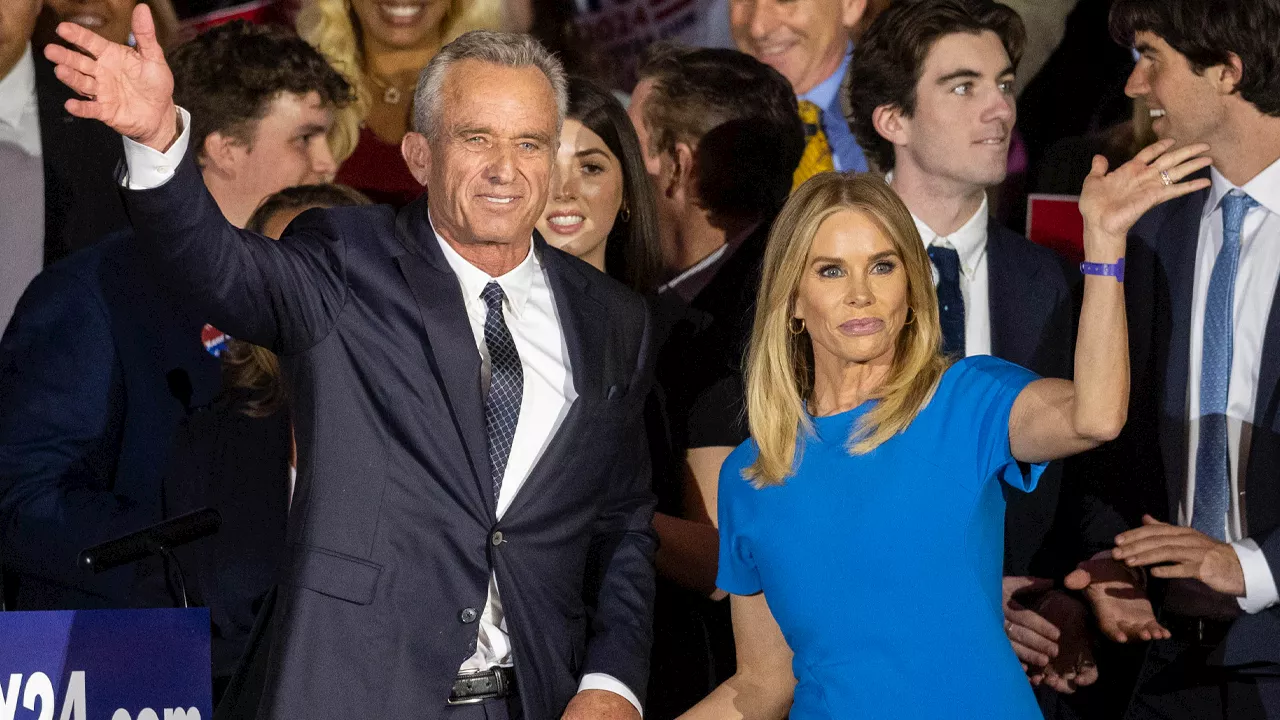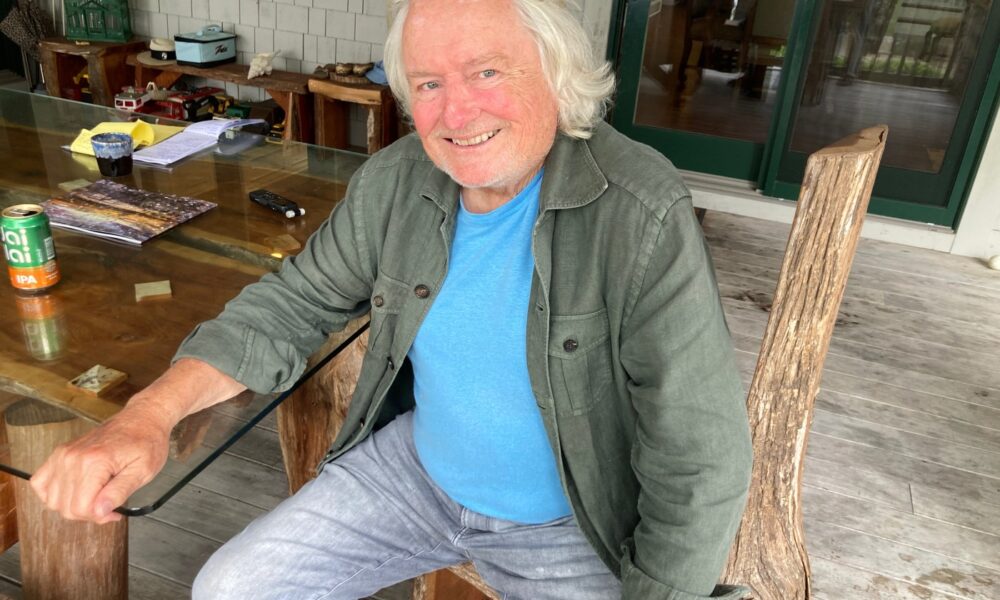A Nigerian government spokesman has dismissed former U.S. President Donald Trump‘s military threats, asserting that they merely reflect his “style of going forceful” to initiate dialogue. This statement comes in response to Trump’s recent remarks advocating for military intervention in Nigeria to combat Islamic terrorist groups, specifically targeting the activities of Boko Haram.
During a press briefing on Sunday, the spokesman indicated that a meeting between the U.S. and Nigerian governments could occur “in the coming days.” Trump has intensified his rhetoric, pressuring Nigeria to act decisively against groups he describes as posing a significant threat to religious freedoms. He designated Nigeria as a “country of particular concern,” a classification that highlights severe violations of religious freedom.
The Nigerian government has firmly rejected claims of a genocide against Christians in the country, despite acknowledging ongoing security challenges. The spokesman emphasized that unilateral military action by the United States would be diplomatically inappropriate without prior engagement and consent from the Nigerian authorities.
Bwala, the government spokesman, stated, “It would not be diplomatically appropriate for the United States to take unilateral action without engagement and consent from the Nigerian government.” He reiterated that while the situation in Nigeria is complex, the country is committed to protecting its citizens’ rights and addressing the threats posed by extremist groups.
Trump’s approach has included threats to halt U.S. aid to Nigeria if the government fails to curb violence against Christians. In recent statements, he reportedly instructed the Pentagon to prepare for potential military action, raising concerns about the implications for diplomatic relations between the two nations.
The ongoing violence attributed to Boko Haram has created a challenging environment for Nigeria, where the government struggles to maintain security and protect religious freedoms. The group has been notorious for its attacks on both Muslim and Christian communities, further complicating the narrative surrounding religious persecution.
As discussions between the U.S. and Nigeria proceed, the focus remains on how both countries can collaboratively address the pressing security issues without resorting to military intervention. The Nigerian government is advocating for a partnership that respects its sovereignty while seeking solutions to the ongoing threats posed by extremist groups.
In summary, while Trump’s military threats underscore the urgency of the situation in Nigeria, the Nigerian government’s response highlights its commitment to diplomatic engagement and a collaborative approach to security challenges.







